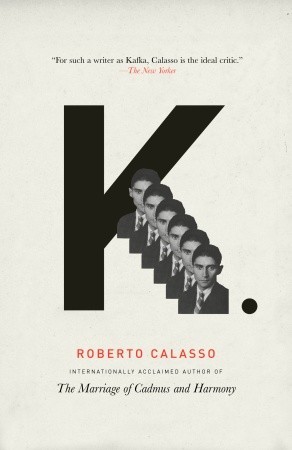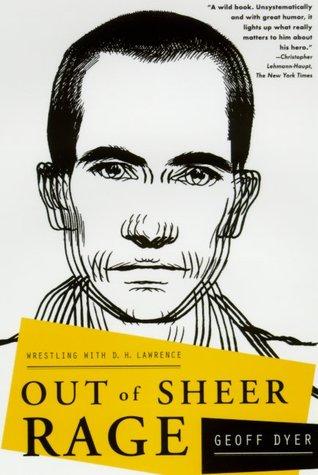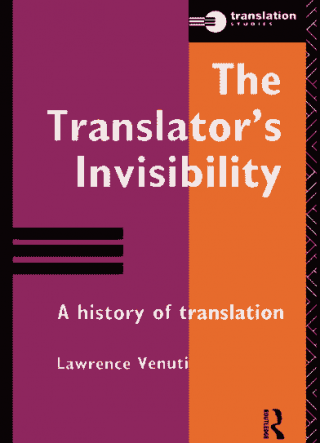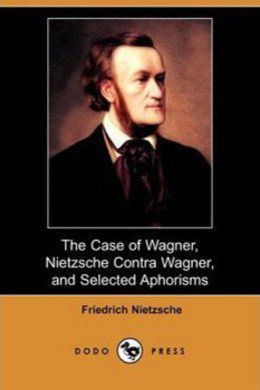From the internationally acclaimed author of The Marriage of Cadmus and Harmony comes one of the most significant books in recent years on a writer of perennial interest — a virtuoso interpretation of the work of Franz Kafka.
What are...
Формат:
только полные версии
Geoff Dyer, described by the Daily Telegraph as 'possibly the best living writer in Britain', takes on his biggest challenge yet: unlocking the film that has obsessed him all his adult life. Magnificently unpredictable and hilarious (and surely one...
Written during Olsen's five-month stay at the American Academy in Berlin, There. is part critifictional meditation and part trash diary exploring what happens at the confluence of curiosity, travel, and innovative writing practices. A collage of...
The major work of fiction in this collection, ‘A History of Books’, explores the relationship between reading and writing in twenty nine sections, each of which begins with the memory of a book that has left an image in the writer’s mind. The...
In Myself with Others, Fuentes has assembled essays reflecting three of the great elements of his work: autobiography, love of literature, and politics. They include his reflections on his beginning as a writer, his celebrated Harvard University...
Roll, Dark[A behind-the-scenes peek at the Rolling Darkness...
Included in Library Journal’s "25 Key Indie Fiction Titles, Fall 2014-Winter 2015".
Within the writer's life, words and things acquire power. For Borges it is the tiger and the color red, for Cortázar a pair of amorous lions, and for an early...
Geoff Dyer had always wanted to write a book about D. H. Lawrence. He wanted, in fact, to write his "Lawrence book." The problem was, he had no idea what his "Lawrence book" would be, though he was determined to write a "sober academic study."...
“The Translator’s Invisibility: A History of Translation” provides a thorough and critical examination
of translation from the seventeenth century to the present day. It shows
how fluency prevailed over other translation strategies to shape...
The Case Against Wagner was one Nietzsche’s last books, and his wittiest. In Wagner’s music, in his doctrine, in his whole concept of art, Nietzsche saw the confirmation, the promotion, even the encouragement, of that decadence and degeneration...





![Roll, Dark[A behind-the-scenes peek at the Rolling Darkness Revue]](https://www.rulit.me/kotha/images/nocover.jpg)



